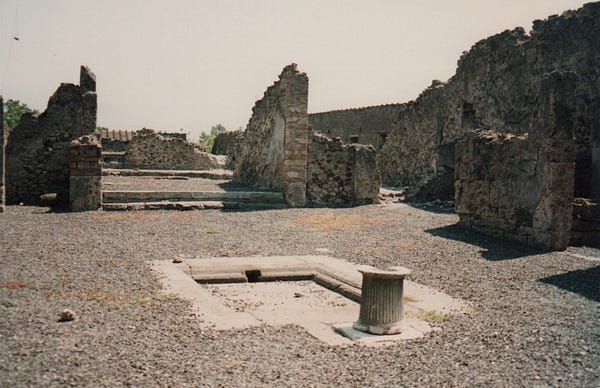Today’s Contemplation: CLXVIII

Avoiding ‘Collapse’ Awareness
The following is my comment on Alan Urban’s most recent post (see here) discussing his thoughts on why more people are not ‘collapse aware’.
The reasons you cite for most not being ‘collapse aware’ are part and parcel of a variety of explanations for this state of affairs. In my contemplations on the situation I’ve come to the conclusion that a lot of this is due to human psychology and the mechanisms that help us to avoid anxiety-provoking thoughts.
First, we highly-cognitive apes deplore uncertainty and the idea of ‘collapse’ is all about an uncertain future and one in which we have little to no control over events. In response, we tend to grab a hold of stories that portray certainty, especially if they paint a more positive future (thanks optimism bias) — regardless of evidence to the contrary (see my posts that discuss this here and here).
In addition, we humans tend to defer to authority, get caught up in groupthink, strive to reduce our cognitive dissonance, and seek to justify our perceptions of the world (see my series of posts on these, beginning here). These aspects of human cognition make us most susceptible to certain forms of narrative management (aka propaganda), particularly stories that portray a comforting and certain future.
Then there’s what seems our complete and utter blindness to the underpinnings of our complex societies — energy — and the limits of our ability to sustain the quantities required to maintain our living standards (see my post series beginning here on this aspect). That we have been drawing down our primary source — hydrocarbons — at ever-increasing rates as we encounter the headwinds due to diminishing returns is increasingly rationalised away as simply a bump in the road since our ingenuity and technological prowess can address any impediments to our wishes/wants — physics be damned.
Add to the above the idea that perhaps the most important cognitive evolutionary shift for our species may have been where we became aware of our own mortality and then developed ways to deny this reality (see Ajit Varki and Danny Brower’s thesis here). Denying reality has become an entrenched means of reducing our anxiety, and it gets used often; and perhaps increasingly as the world goes sideways and provokes greater instances of uncertainty.
Combine the above with the hierarchical aspects of our social species and complex societies, and our story-telling means of communicating, and we have the perfect mix for why we rationalise away evidence for the impending ‘collapse’ of our current living arrangements and all the conveniences and comforts they afford us — especially in the so-called ‘advanced’ economies that have depended upon the lion’s share of what has been to this point in our history a growing supply of surplus energy.
We ignore the hard biogeophysical limits, we rationalise away the ecological systems destruction wrought by our demands, and we weave comforting narratives to avoid anxiety-provoking thoughts. We live in a world of what appears widely-held false beliefs where challenging them gets you ignored and/or ostracised by those clinging to mainstream notions. It’s often better to raise marginally-related topics and concerns to nudge others along a path of ‘sustainability’ and ‘resilience’ as you suggest rather than confront the hard reality of limits and what overshooting them means to our future…